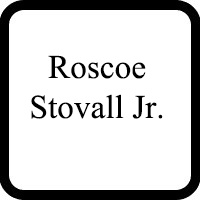Carbon Juvenile Law Lawyer, Indiana
Not enough matches for Carbon Juvenile Law lawyer.
Below are all Carbon Criminal lawyers.
Roscoe Stovall
✓ VERIFIEDCriminal, Accident & Injury
Roscoe Stovall is a practicing lawyer in the state of Indiana.
Carl Paul Lamb
Divorce & Family Law, Criminal, Bankruptcy & Debt, Child Custody
Status: In Good Standing
Elizabeth Marie Smith
Juvenile Law, Dispute Resolution, Divorce & Family Law, Criminal
Status: In Good Standing Licensed: 9 Years
Megan Joan Schueler
Divorce & Family Law, Criminal, Accident & Injury
Status: In Good Standing Licensed: 12 Years
Stephen Anthony Pugliese
Criminal, Divorce & Family Law, Traffic, Divorce
Status: In Good Standing Licensed: 27 Years
William Sadler Frankel
Wills & Probate, Divorce & Family Law, Criminal, Civil & Human Rights
Status: In Good Standing
Andrew Charles Mallor
Wills & Probate, Estate, Family Law, Divorce & Family Law, Juvenile Law
Status: In Good Standing Licensed: 50 Years


